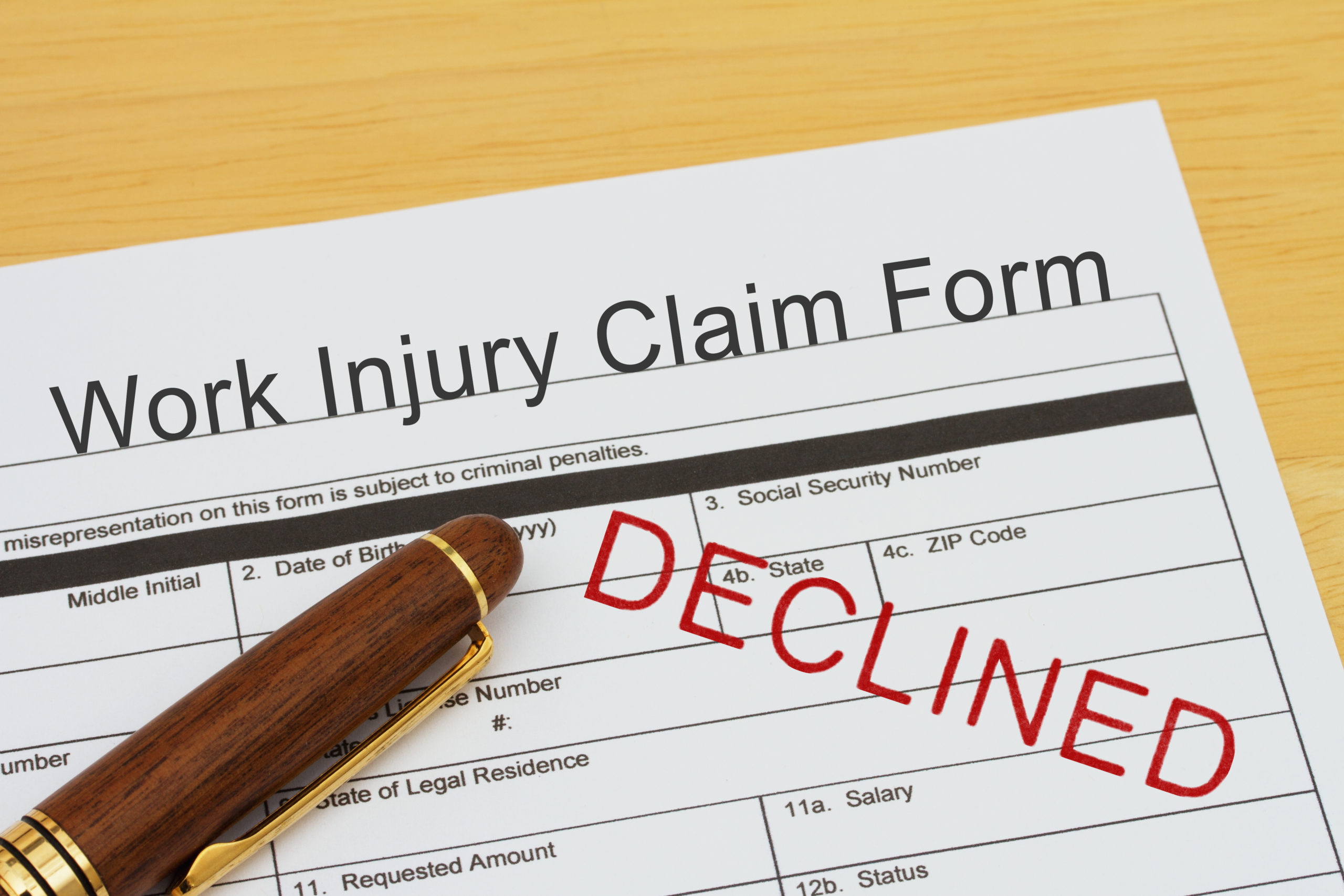Workers Comp Denial: 7 Reasons And Remedies
Having an injury is often challenging, and even traumatic in worst cases. If you add a workers’ compensation claim, it might just add to your frustration and pain.
However, being informed about the proper workers’ compensation claim process will make it less stressful. Luckily, most employers will help you with your claim where it’s possible. Doing further recommended reading will assist you to gain more knowledge on the subject as well.
Companies might also have a legal representative or someone trained to work with workers’ compensation claims that would be able to give you further guidance when submitting your own claim. You could also contact a legal professional for help.
This article will be covering some of the commonly found reasons why your compensation claim may be denied, as well as how to remedy it. Read on!
- Missing Information
Not having all the information correctly completed on your forms could lead to back-and-forth communications, which would delay the process.
Make sure that you have all the needed information about your injury, including dates and specifics of how and what happened. The more detail you’ll add to your claim, the more likely it won’t be denied.
- Not Reporting On Time
You have to report your injury to your immediate supervisor as soon as possible after the accident happened. Some companies have policies on when and how to report an injury that occurred while on duty, and there’s a legal time limit as well.
Remember that in South Carolina, employees will have 90 days to report an injury on duty if they want to receive compensation. In addition to this, make sure you’re familiar and aware of the policies your company might have for workplace injuries.
- Unrelated Injuries
Injuries that are being claimed for would need to be related to your daily job activities. If, for example, you’ve been injured by one of the machines in the workshop, but your daily tasks include administrative duties in the office, you might not receive compensation for this injury.
Make sure that you can claim for a particular injury by checking with your employer or consulting with a legal professional about eligibility and requirements. Compensation may depend on the relevance of your injury, among other things, so make sure that your injury was indeed work-related.
- Company Disputes
Your company may deny the claim if your injury goes against their policies. It may also be denied if you’re intoxicated when the injury happened or you caused the injury yourself. There may be other factors that your employer might consider when looking at your claim. Familiarize yourself with this before submitting a claim.
Follow company safety regulations to minimize injuries, and keep yourself to your designated work area and duties to further prevent injuries from happening in the first place. When you file a compensation claim, you need to be sure that the injury you’re claiming for will be covered.
- Refusing Medical Assistance
When an injury occurred in the workplace, your colleagues or company would most likely offer you various forms of medical assistance. If you refuse their help, you’ll indirectly show them that your injuries aren’t serious enough to be considered for compensation.
If you have a serious injury and help is offered, take it. Go to the hospital with a co-worker or in an ambulance, if needed. Don’t refuse treatment, especially when you obviously need it. Having medical records to attach to your claim will make it more credible, and you might be more likely to have the claim settled sooner than later.
- Excluded Conditions
Some pre-existing or other medical issues could be excluded for claiming from the workers’ compensation. If you know that you have medical conditions that your employer isn’t aware of, these medical issues may cause injuries that could have been prevented.
Check with your employer for more details on which medical issues may be excluded before filing your compensation claim. Let your employer know about your medical conditions so these can be taken into account when processing your claim.
- Committing A Crime
Your claim will almost surely be denied if your injury was caused while you’re committing a crime. If you assaulted a co-worker during office hours due to a personal issue between the both of you, the injuries you have from that could possibly not be covered by a claim.
Submitting honest claims that are only directly related to your job and duties will prevent your claim from being denied.
To Sum It All Up
While no one would like to have injuries of any kind, no one wants the burden of delayed or denied compensation claims.
Make yourself familiar with the process and gather all the facts before submitting a claim. This would save you a lot of time and effort down the line. Doing some recommended reading on the subject could help you clear up any doubts you may have regarding your claim or the process.


